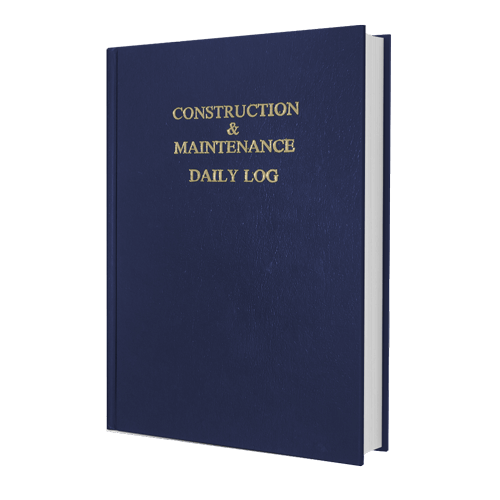Two teams bidding on a replacement to the fallen I-35W bridge in Minneapolis have filed an administrative protest questioning the legality of Minnesota's design-build procedures for highway construction. The move also calls into question the subjectivity of best-value procurement models.
Local contractors C.S. McCrossan and Ames/Lunda claim they were "misdirected" by Minnesota Dept. of Transportation "regarding the type of proposal desired by the state," according to a Sept. 20 protest letter filed with MNDOT's design-build office.
|
The firms are asking MNDOT to hand over the bidding documents for a review.
MNDOT says it will not reveal them until the agency executes a contract, expected by the end of the month. Construction of the new, 10-lane bridge would start by Oct. 15.
"If MNDOT keeps secret the basis for its scoring of technical proposals until after award, then MNDOT will have effectively precluded any public review or oversight," the letter continues.
Both teams submitted costs significantly lower than the winner, Flatiron/Manson, () which proposed a price tag of $233.8 million and a schedule of 437 days. Though Flatiron's bid was $57 million higher and 70 days longer than the lowest bid, proposed by C.S. McCrossan, it had the highest technical score, which ultimately flipped the bid in Flatiron's favor.
How MNDOT's panel of six experts arrived at the technical grades is the basis for the protest. The panel includes four MNDOT officials, a retired contractor and a city official.
They assigned C.S. McCrossan a grade of 65.91, while Ames/Lunda received a score of 55.98. With a score of 91.47, Flatiron blew away the next highest grade, 67.88, assigned to Walsh Construction and American Bridge.
These scores were graded out of a possible 100 points, taking into account quality, aesthetics, public involvement and other things, and factored significantly into the adjusted bid price.
Ultimately, the bids came in closer than they appear. If McCrossan had received just six more points on its technical grade, then it would have won.
Similarly, Ames/Lunda proposed the second-lowest price, but it turned in the lowest-value bid. It's price was only $1.5 million over McCrossan's, but the team was slightly undercut by Walsh/AB after scoring adjustments.
"Given the outstanding technical capabilities of these two teams, the relatively low technical scores that MNDOT gave to each was arbitrary and capricious," says the letter, which was filed by Fabyanske, Westra, Hart & Thomson, a law firm representing the local contractors.
Only one other time has Minnesota experienced a flipped bid, according to Tim Worke, director of highways and transportation for the Associated General Contractors of Minnesota.
But that was on an $11-million highway project. Having it happen on a large, high-profile bridge "leads to a number of questions," says Worke.
"Because price is price, it's objective," he explains. "And number of days is number of days. But technical scoring brings in a human element. Was it objective or subjective?"
Under state law, MNDOT reviews such protests, but does not have a time limit to respond to them, according to Dean B. Thomson, an attorney for the local law firm. "What this letter does is initiate the protest process," he says.
 Related Links:
Related Links: 
